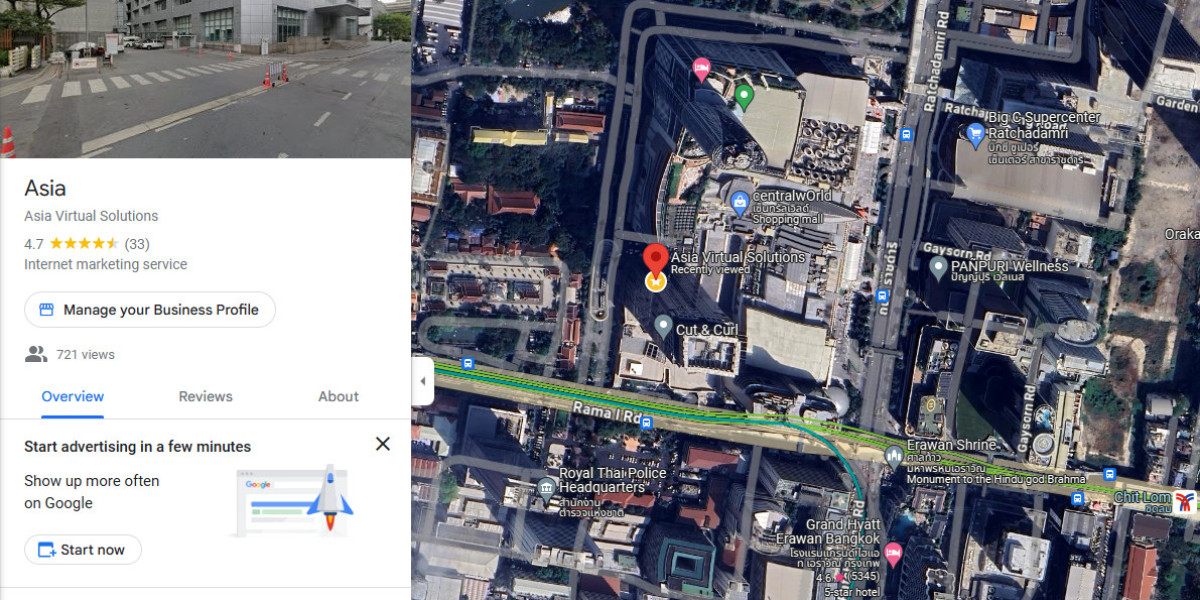Market Overview
The global Mini PC market is experiencing significant expansion as consumers and businesses increasingly seek compact, energy-efficient computing solutions. According to Market Intelo, the market was valued at USD 5.6 billion in 2022 and is projected to reach USD 10.2 billion by 2030, growing at a CAGR of 7.8% during the forecast period (2023–2030). Rising demand for space-saving devices, remote working solutions, and home entertainment systems are key factors driving the adoption of mini PCs across global markets.
Get Sample Report of Mini PC Market @ https://marketintelo.com/request-sample/1295
Increasing Adoption in Home and Office Environments
Mini PCs are gaining traction among consumers and professionals due to their small form factor, portability, and ease of use. They are increasingly being deployed in home offices, educational setups, and small business environments, providing sufficient computing power without the bulk of traditional desktop PCs. Furthermore, the rise in remote work and hybrid learning models has accelerated the adoption of compact computing solutions that offer flexibility, performance, and convenience.
Get Sample Report of Mini PC Market @ https://marketintelo.com/request-sample/1295
Technological Advancements Driving Market Growth
Technological innovations in processing power, storage, and connectivity are expanding the capabilities of mini PCs. Modern devices now incorporate high-performance processors, solid-state drives (SSD), and advanced graphics support, enabling seamless multitasking, gaming, and content creation. Additionally, the integration of Wi-Fi 6, USB-C, and multiple display outputs allows mini PCs to serve as versatile computing hubs, bridging the gap between desktop and mobile computing. These advancements are boosting consumer confidence and encouraging widespread adoption.
Regional Market Insights
North America currently dominates the Mini PC market due to high consumer spending, early technology adoption, and strong presence of key manufacturers. Europe follows closely, with countries like Germany, the UK, and France driving growth through business and educational deployments. The Asia-Pacific region is expected to witness the fastest growth, fueled by expanding IT infrastructure, rising disposable incomes, and increasing adoption of compact computing solutions in China, India, and Japan. Emerging markets in Latin America and the Middle East are also showing promising potential due to the growing need for affordable and energy-efficient computing devices.
Product Segmentation
By Processor Type
Intel-Based Mini PCs
AMD-Based Mini PCs
ARM-Based Mini PCs
By Application
Home & Entertainment
Business & Enterprise
Gaming & Multimedia
Education & Research
By Connectivity
Wi-Fi Enabled Mini PCs
Wired Ethernet Mini PCs
Hybrid Connectivity Devices
Competitive Landscape
The Mini PC market is highly competitive, with manufacturers focusing on innovation, design, and performance to capture market share. Leading players are investing in research and development to deliver high-performance, energy-efficient, and feature-rich devices that meet diverse consumer needs. Prominent companies operating in this market include:
Intel Corporation
ASUS
Dell Technologies
HP Inc.
Lenovo Group
MSI (Micro-Star International)
Gigabyte Technology
Apple Inc.
These companies are leveraging partnerships, expanding distribution networks, and enhancing product portfolios to meet rising global demand for mini PCs.
Read Full Research Study: https://marketintelo.com/report/mini-pc-market
Market Drivers and Future Outlook
The growth of the Mini PC market is expected to continue, driven by factors such as increased remote work, the rise of home entertainment, and demand for portable yet powerful computing devices. Energy efficiency, minimal footprint, and multitasking capabilities make mini PCs an attractive alternative to conventional desktops. Additionally, technological advancements in processors, storage, graphics, and connectivity are expected to enhance functionality and adoption across consumer and business segments.
Market Challenges
Despite the promising growth, the Mini PC market faces challenges, including competition from traditional laptops, tablets, and all-in-one desktops. Price sensitivity, compatibility issues, and limited upgradeability are also potential barriers for some consumers. Manufacturers are addressing these challenges through affordable product offerings, modular designs, and enhanced customer support to boost market penetration and maintain consumer satisfaction.
Related Report







